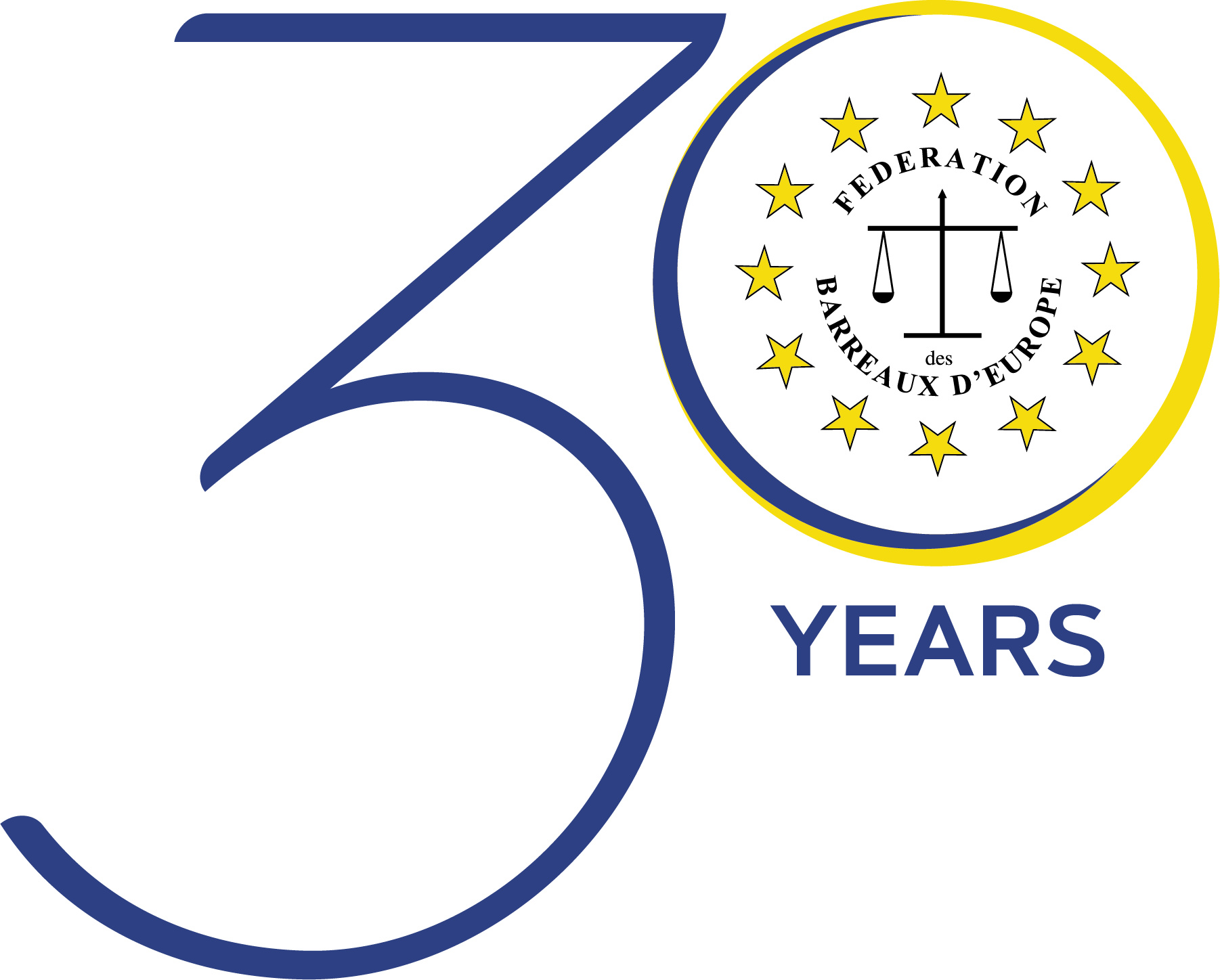DRESDEN DECLARATION
Being 150 Bars and Law Societies strong, representing about 350,000 lawyers in 20 member states of the Council of Europe, the Federation of European Bars after careful consideration during its conference on 28th and 29th May 2004 at Lyon in France, its intermediate meeting on 15th and 16th October 2004 in Foggia (Italy) and its conference held on 20th and 21st May 2005 in Dresden (Germany) agreed the following declaration on the proposals by the European Commission for the de-regulation of the liberal professions:-
I.
The FBE is conscious of the need to take into account the new socio-economic realities but equally it emphasises that the profession of lawyer assumes a special responsibility for the safeguarding of the important interests of democratic societies. If the lawyers’ profession, which is a profession in the public interest, did not have regard to anything more than economic goals, the safety of the rights of the individual and the defence of the common good would not be assured.
II.
The FBE therefore appeals to the European political authorities for their support of the lawyers’ profession in the public interest and for the maintenance of constitutional rights.
With this in mind, the FBE affirms the following principles:-
1. The lawyers’ profession is a liberal profession. Lawyers are independent. They serve exclusively the interests of their clients in respect of the law.
2. In pursuit of this vocation, lawyers impose on themselves the following specific obligations:
a) They are bound by the most strict professional secrecy.
b) They cannot represent opposing interests.
c) They impose on themselves the obligation of competence.
d) They guarantee everyone access to justice.
e) They ensure their professional civil responsibility.
f) They submit themselves to disciplinary control of their obligations.
III.
The Federation of the European Bars affirms the wish of European lawyers to contribute to the defence and the propagation of the rights of man, to fundamental liberty and to the general wellbeing.
As a result, the Federation demands that the European Commission acknowledges that acces to justice and legal advice cannot be considered solely on the basis of economic considerations and market forces.
Dresde, 21 may 2005
